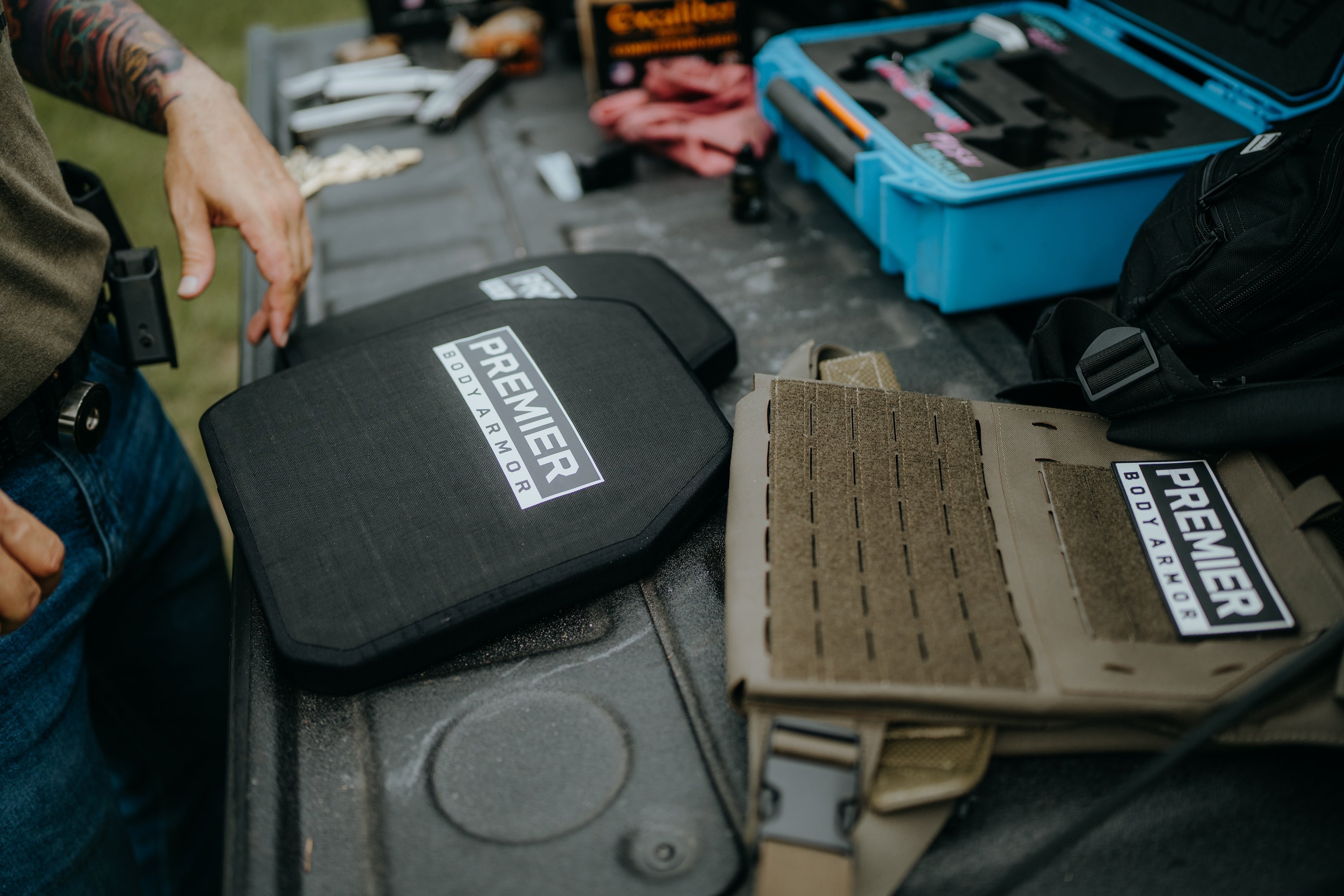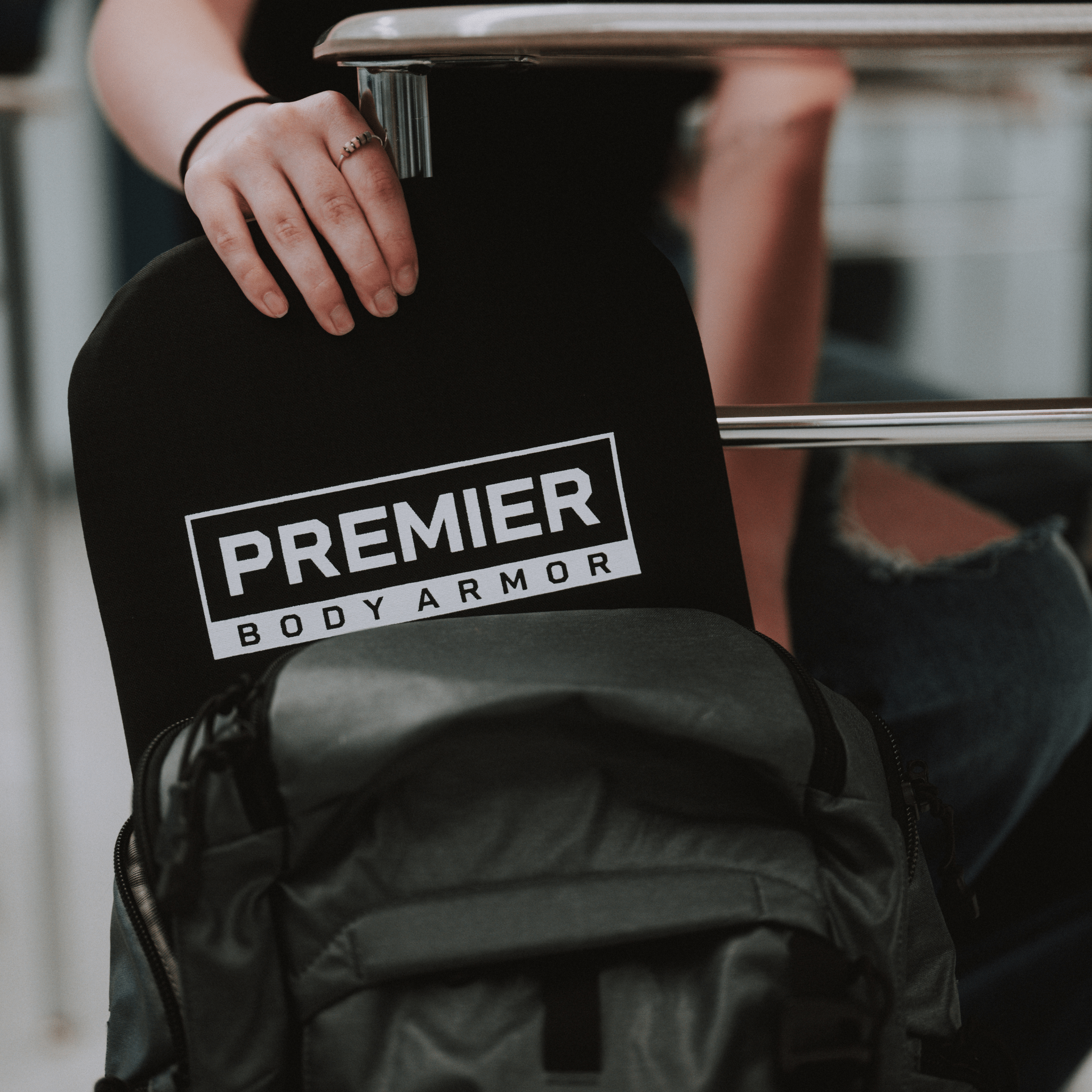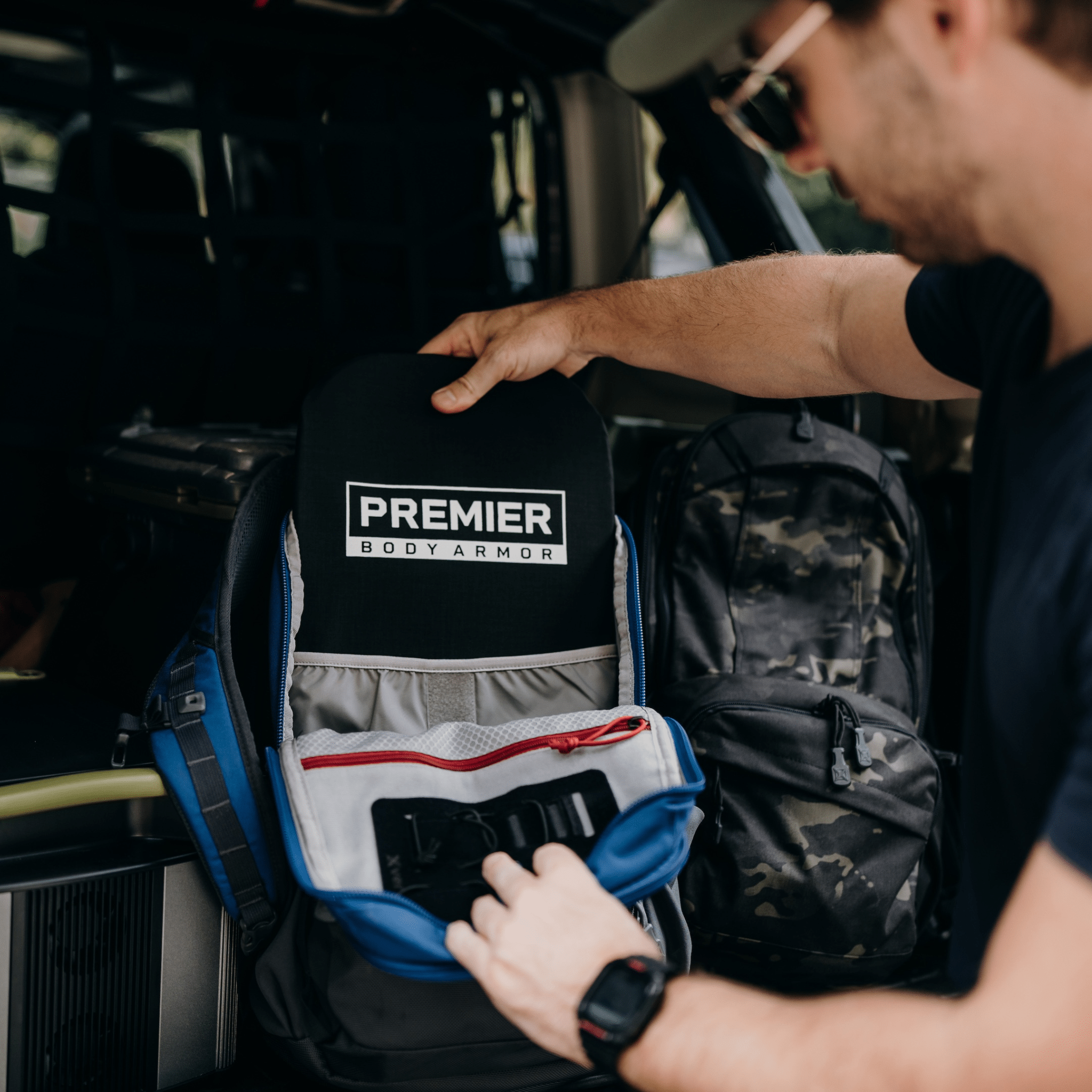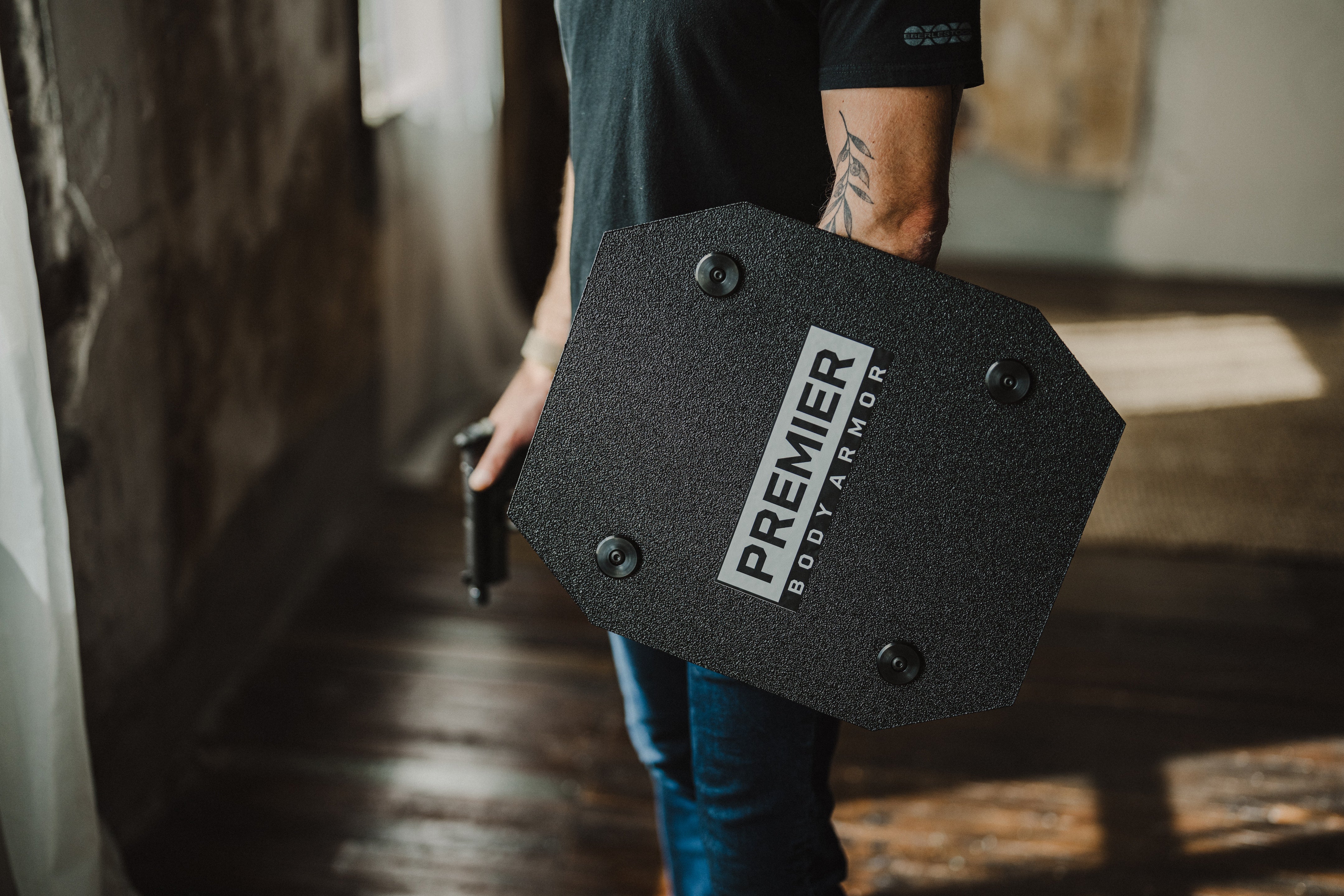How I Talked to My Child About School Shootings
A Parent’s Experience – How I Talked to My Child About School Shootings
Guest Blogger: Emily Johnson
As a parent, one of the many things we worry about (and there are a lot) is our children’s safety. When I was a child, the idea of a school shooting in the United States was far from my mind. In fact, it didn’t even exist.
And, after a recent conversation with my father, I found out it was something that he never really thought about either. But today it is at the forefront of my mind, as I’m sure it is for many parents.
Talking to our children about mass shootings is an incredibly personal and complicated conversation to have. I want to start off by saying that I am not a psychologist or medical doctor of any kind. I am simply a parent who, like all of us, is trying to do my best.
Where the Questions Began - Active Shooter Drills in School
I knew my child’s elementary school did active shooter drills. Once the alarm sounds, teachers run to close doors, kids crouch down behind desks or run to the nearest classroom.
Imagine what this must be like for an elementary school student (or anyone for that matter) to experience practicing active shooter drills. I know when my son went through his first active shooter drill (at the age of 5!), he had a nightmare that night. And the questions began the next day: “What does active shooter mean?” “What happens if I’m not in my classroom?” “Will you come find me?” “Why would someone want to shoot me?”
Given that our children practice active shooter drills at school, questions are unavoidable. With social media and news coverage 24/7, it is impossible to shield our children from the subject completely.
And, even if we could, is it the right thing to do? What should I tell my child about school shootings? What do they need to know to stay safe? So many questions!
We all have different parenting styles. Personally, I have chosen to be open and honest in an age-appropriate manner when my son asks me questions about anything.
But what is age appropriate to start the conversation when it comes to school shootings? I have struggled to find a balance between not telling him enough to stay safe and ease his anxiety and telling him too much and increasing his anxiety.
For the most part, I have let my son start and direct the conversation about school shootings. If he asks me a question, I will answer it in the best way I know how. But there are also several times, I’ve been the one to bring up the subject of school shootings to ensure he understands the things he should do and can do to help keep him safer.
What I’ve Chosen to Tell My Son About School Shootings
Again, I want to stress that I am not a professional and I certainly would never judge anyone for approaching the subject of talking to kids about school shootings differently. Believe me, I’ve researched “what to say to children about school shootings,” hundreds of times and I still struggle.
I’ve told my son that while it's very unlikely, there is the possibility of someone bad coming into his school. I also told him that the school staff are very well trained when it comes to keeping him safe and by asking him questions, I was confident that he understood what to do if an active shooter situation occurred.
For my son, having a conversation about school shootings helped ease his anxiety. With each question I answered, I saw his anxiety ease some. Letting him know that there are adults who will protect him and how they will protect him helped. And giving him a bulletproof armored insert for his backpack and showing him how to use it, not only made him feel like a superhero, but it also helped ease his anxiety and gave me at least some peace of mind.

As my son gets older, I know this conversation will have to change. And in all honesty, I have no idea what that looks like.
What I’ve Asked My Son to Do to Help Prevent School Shootings
My son asked me after Uvalde, Texas if he could do anything to prevent a school shooting. This provided an opening to a conversation that I had been struggling to have. I want my son to be aware of how school shootings happen, without him feeling like it is his responsibility at the age of seven to prevent one.
I have told my son to report any threat immediately and never be afraid to tell an adult about something. “But what if it turns out to be nothing?” he asked. I told him that was fine. A teacher would know what to do and if it’s nothing, no harm done.
I have told my son to be aware of his surroundings – a good life lesson for anything. For example, if he sees an outside door isn’t properly closed, let a teacher know.
I have had the conversation about tattle tailing, as all parents have probably had. When I was a school age child, this was simply “don’t tell on each other.” Now that conversation has become more “don’t tell on each other unless…” Trying to ensure my son knows that there are a handful of things that should be told to an adult has resulted in several conversations to ensure that he understands the difference between tattle tailing and making an adult aware of a real threat.
“If you hear anything about a gun or weapon, you tell a teacher immediately.” “If someone seems angry or sad, you tell a teacher immediately.” “If someone threatens you or the school, you tell a teacher immediately.” I’ve told him that if he is honest or believes he is, he will never be in trouble for telling a teacher or adult anything.
What I’ve Told My Son About Bullies and School Shootings
For me, a conversation about bullies was a separate one that circled back to school shootings and gun violence. Bullying has always been an issue in schools and unfortunately with the rise of social media is becoming even more so. I do not remember bullying being at the level it is today when I was a child.
Bullying may not be the only reason someone decides to act violently against a school, but it is certainly often a contributing factor as we have been told. Bullies are everywhere – even in the adult workplace – and it’s important that my son learns how to deal with them.
It’s a life skill that often is learned from experience and, if it won’t cause irreparable harm or become physical, I don’t intervene in those instances. I simply make sure my son feels free to talk to me about it.
However, the old saying “ignore them and they’ll go away,” isn’t in my opinion applicable today. If someone is bullying or being bullied it can be a sign that something worse is coming. And how often have we heard “we missed the signs”? I’ve told my son it is not tattling tailing to tell an adult that he or someone he knows is being bullied.
There is no perfect way to discuss school shootings with our children to ease their stress. As parents, even if we don’t think we know, we instinctively know how best to talk to our children about difficult subjects.
The thing is we can’t be afraid to do it. It doesn’t matter how you have that conversation. It matters that you have it.
Is it fun to talk about school shootings? Absolutely not! Should we have to? Absolutely not! Do we have to? Absolutely!
It’s not perfect, but it’s something we can control and even a little control can help bring about at least some peace of mind both for us and our children.










Always be aware of your surroundings. Listen to your gut. If you think something is wrong then it most of the time is. Be safe know where you are and who your with. Have a plan if things get bad.
Leave a comment